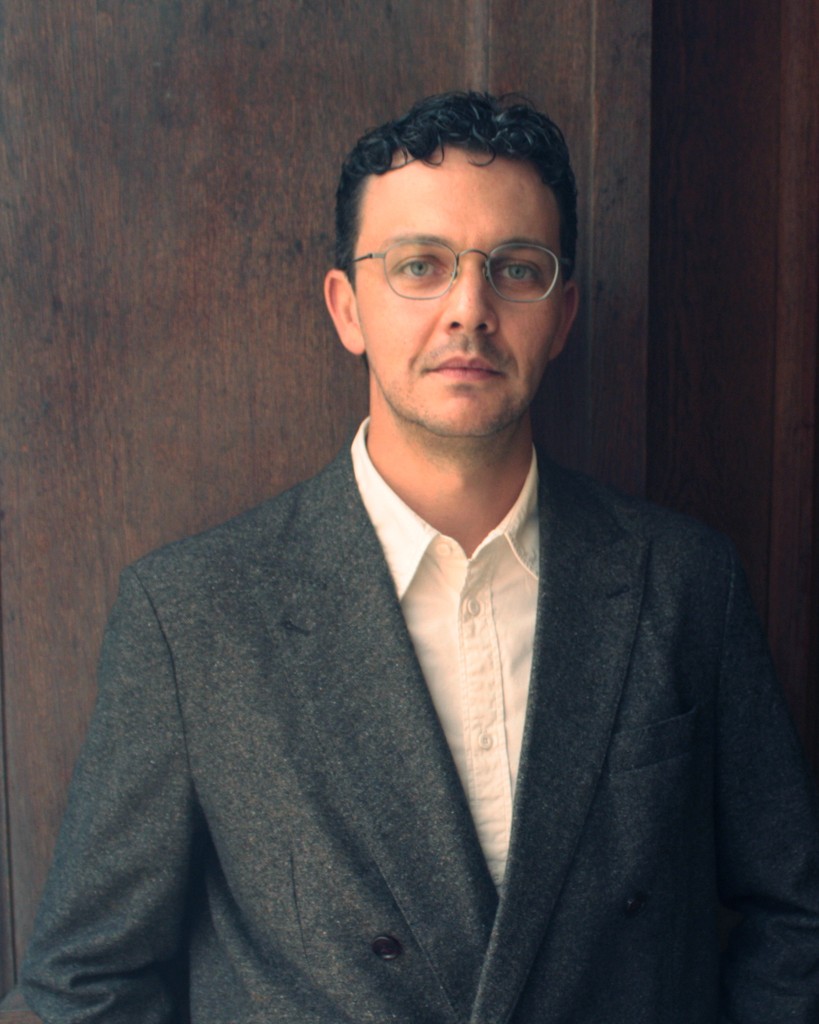Whether you are facing a specific problem that feels insurmountable or have an underlying sense that who you are does not correspond to who you want to be, psychoanalytic therapy offers a unique experience that can mitigate feelings of anxiety, depression, impulsiveness, and dissatisfaction.
I provide an environment for you to express yourself without the expectations and etiquette that is typically demanded of us. My position as a neutral, non-judgemental listener, enables you to grow more and more comfortable as our work together unfolds. The goal is for you to have an experience in which you can speak with an ease that is rare, if not impossible, in other relationships. I carefully listen to your memories, impressions, and reactions–and also notice the subjects you avoid or minimize. I aim for you to have an encounter that awakens your curiosity so that you may discover long-held ideas about yourself and the world, ideas you likely did not know you had or did not previously give much importance to. It is often the case that, unbeknownst to us, these ideas cause us to act in self-undermining ways.
I will help you to discover your present limitations and the resources you possess so that you can start living according to your distinct passions, ambitions, and capabilities. These are different for everyone, which is why my work, unlike manualized approaches, is tailored to your specific needs. This process can be surprising, challenging, and exciting, and its benefits profound.
About Me
I am a New York State Licensed Psychoanalyst in Manhattan offering in-person and remote sessions to individuals. I completed the License Qualifying Program at the National Psychological Association for Psychoanalysis (NPAP), a postgraduate psychoanalytic training institute in New York City. I earned an MA from the Akademie der bildenden Künste in Vienna and a BFA from the School of the Art Institute of Chicago. My clinical practice is deeply informed by my education in the arts and humanities as well as 15 years of professional experience in the contemporary art world. As a result, I am well versed in the unique challenges faced by artists, designers, writers, and those working in galleries, museums, publishing, and other creative professions.
I am sensitive to the socio-cultural experiences of my patients, having worked with individuals from diverse backgrounds of race, nationality, gender, class, and sexuality.
FAQ
What is your fee?
I work on a sliding scale, meaning your financial situation is considered before the fee is set. We can then agree on an amount that is fair for both of us.
Do you accept insurance?
Out-of-network benefits may be used to cover my services. I can help you navigate your provider’s coverage.
How do I choose a therapist?
It is essential that we are a good fit. I recommend scheduling a consultation to help us decide that. Consultations last 45 minutes.
Contact
139 Fulton Street, Suite 510
New York, NY 10038
(646) 204-8165
alexanderferrando[at]gmail.com
